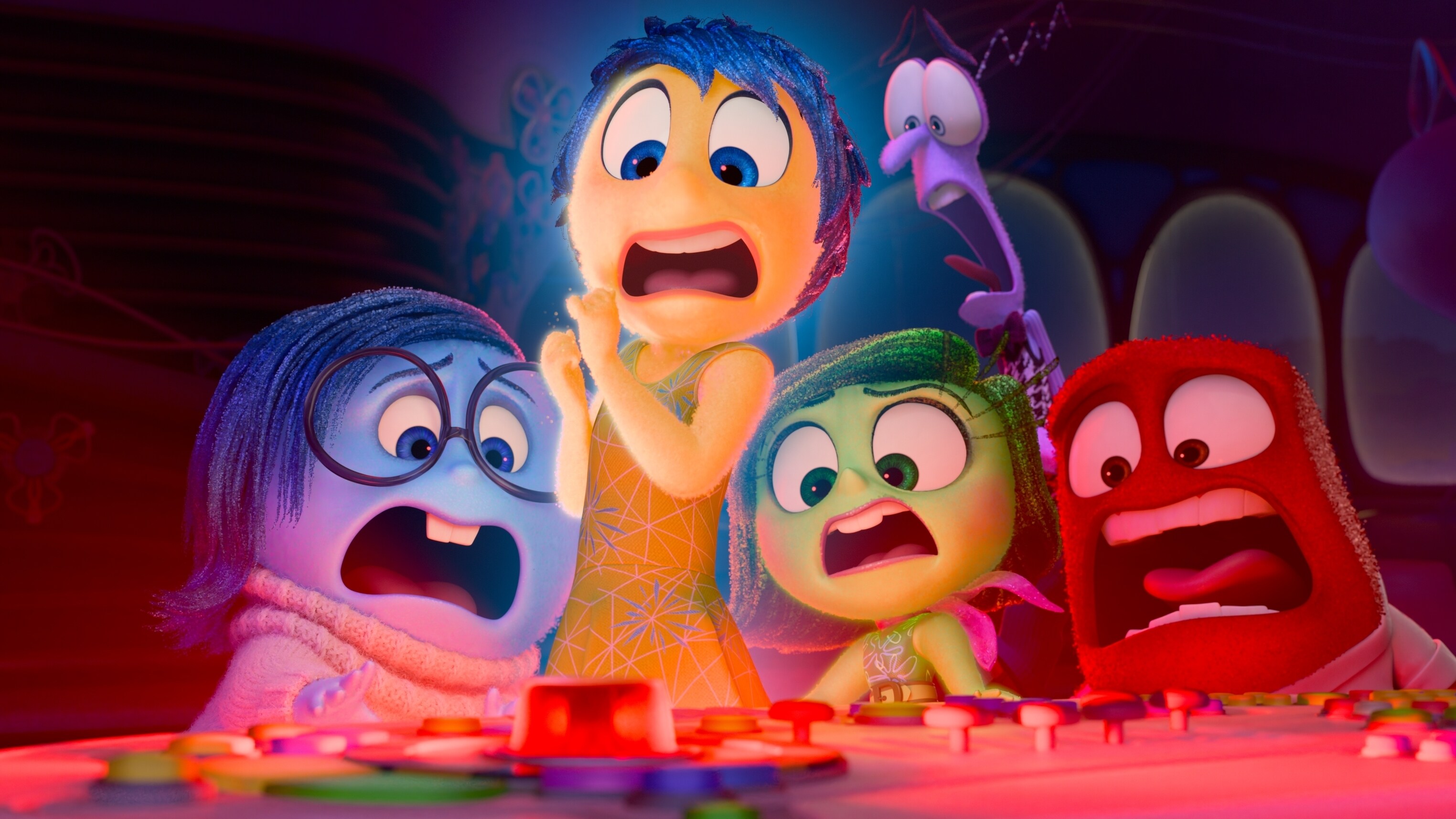Colonoscopies Clarify Inner Workings of Minds

Memories, and understandings, are story shaped. To remember or make sense of a thing is to have a story about it. Tales of colonoscopies and cathartic errors can probe the inner workings of our minds.
1. “Confusing experience with the memory of it is a compelling cognitive illusion,” says Daniel Kahneman. Memories aren’t machine-like recordings. They resemble movies (carefully lit and edited) more than raw footage.
2. Kahneman used colonoscopies to illuminate the ends of human memory. Comparing how conscious patients rated pain at intervals during colonoscopies with how they recalled it later, yielded “two principles of memory.” First “duration neglect” = total procedure time didn’t effect recalled pain. Second the “peak end rule,” recalled ratings depended only on the peak experienced and the ending. Memories (and related decisions) often aren’t “correctly attuned” to experience.
3. Life’s raw footage mostly isn’t important. We evolved to filter and form emotional events into stories worth storing (and sharing). Kahneman finds narratives and “memories of colonoscopies, vacations, and films,” share the “same core features” (duration neglect = normal, endings = crucial). Our adaptive amnesia isn’t all Freudian repression or self deception.
4. Evolution made our stories biologically active. Research shows certain kinds of story-making can change mental and physical health. Jamie Pennebaker had subjects write about their “most upsetting… experience,” for 15 minutes on 4 consecutive days, then tracked their health for a year.
5. Making sense of the data showed sensemaking = crucial. Those whose writing showed increased understanding had fewer illnesses than those whose writing didn’t change. Venting or expressing yourself didn’t help. But making new sense of events (changing the explanatory story) did.
6. There is no evidence for catharsis being therapeutic (Haidt). Catharsis can rehearse and reinforce old story-patterns. Therapy should cause change (altering old stories).
7. We must reconcile: Steven Pinker’s “to a very great extent our memories are ourselves,” with Kahneman’s “I am my remembering self and the experiencing self who does my living is like a stranger to me,” and Oliver Sacks’ observation that there is “no mechanism in the mind or the brain for ensuring the truth” of memories.
Our minds are story processors (not logic processors, or movie cameras). By all means get better stories. But don’t tell yourself the tall tale that you can do without them.
Illustration by Julia Suits, The New Yorker Cartoonist & author of The Extraordinary Catalog of Peculiar Inventions.





